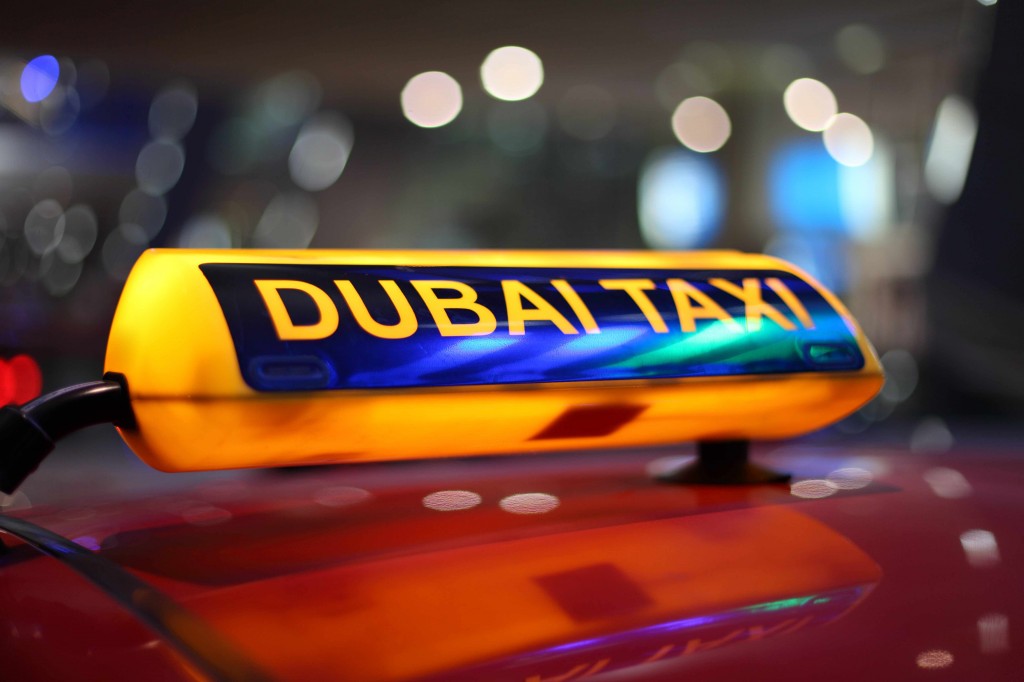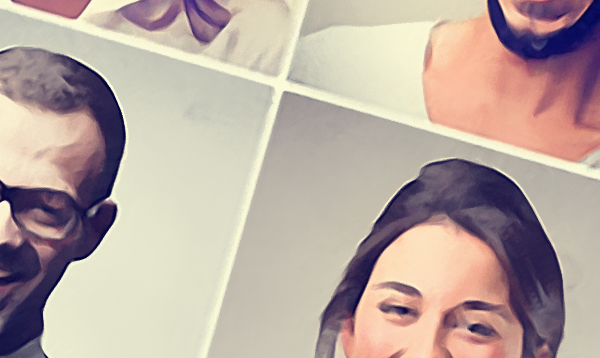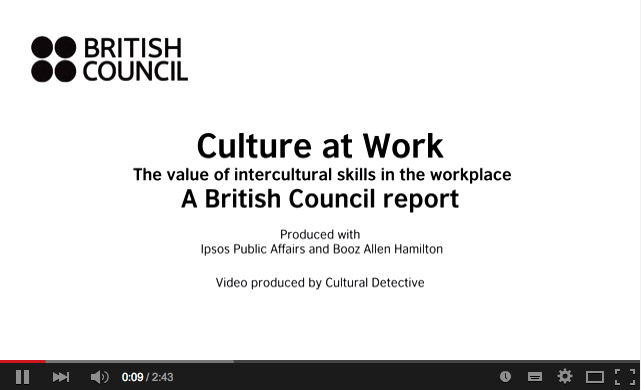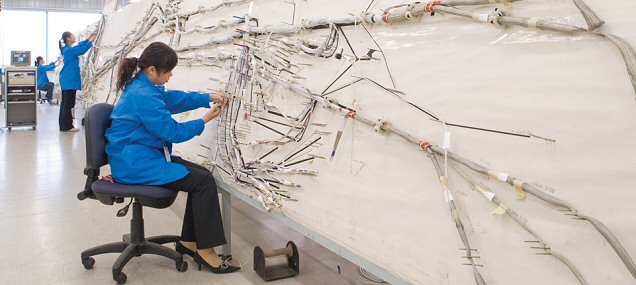

Who’s driving Dubai? The local Emirati who run the government offices and executive agencies, the Indian and Pakistani taxi drivers on Dubai’s main traffic route, Sheikh Al Zayed Road, or rather the foreign businesses that provide the hard- and software for its infrastructure and operate the companies? Dubai’s economic success clearly is the sum of all its inhabitants and the qualities they bring.
Pearls and petrol
Dubai is an extraordinary tale of how a settlement of pearl divers became one of the world’s leading business hubs, fueled by petrodollars, construction works, tourism and services. In the pearling days in the 19th century there was a stark division of labor between the divers, the boat captains and boat owners, and the various merchants. In the last century, Dubai has grown into a global trading city and business service center and it attracts increasing numbers of Indians, Chinese, Malay and Africans. But even today, if you want to join and benefit from this ‘wadi’ you need to make sure that the ‘clan’ elders appreciate your work and services. It means you need to sit down with them and sell your story, making it clear that you provide added value to the community. Some people come to Dubai in a rush for gold but chances are you do end up in the gold soukh…as a tourist.
Diversity in people and skills
It is interesting to see that 85% of Dubai’s society is made up of people from various countries and cultures around the world, each with their own distinct roles and positions. Most of the maids and technical staff are Filipino. Many construction workers are Pakistani and Bangladeshi, and some have worked their way up the ladders to operate as supervisors and taxi drivers. Indians are found in many middle management and commercial jobs or as shop- and hotelkeepers, Arabs are active as intermediaries and traders, Europeans as consultants and managers in various industries, locally owned as well as foreign companies. Apparently people from different cultures bring their own unique capabilities, strengths and skill sets to the table.
Local Emirati form a minority of 15% in their own country, but of course they ultimately run the country. Sheikh Mohammed is the ruler of Dubai; he defines the playground and the rules of the game. And anybody who wants to play is welcome to Dubai!
Working in Dubai
Working in Dubai requires one to understand and appreciate these differences between cultures. Some cultural aspects do not converge easily. Dutch tend to get to the point quickly whereas Arabs prefer to first establish a relationship. Brits or Germans may get frustrated by continuous deviations from planning and implementation schedules at construction sites, whereas for Indian managers this is part of daily reality and they just deal with it. Most people working in Dubai find themselves working in a truly global and multicultural setting, working with Arabs, Asians and Europeans. Apart from their professional knowledge and expertise, they need to be competent and comfortable in varying their management and communication styles across cultures.
Maybe one needs to view of these different cultural qualities are pearls too. Left untouched they are worthless, but once you bring them to the surface they start to shine!



